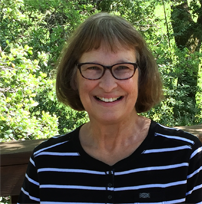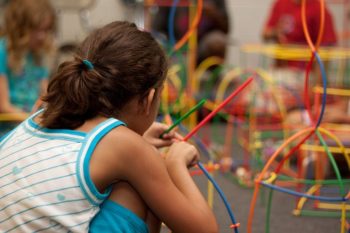 The 10 Best Differentiated Instruction Teaching Strategies for K-12 Classrooms
The 10 Best Differentiated Instruction Teaching Strategies for K-12 Classrooms
Differentiated instruction is essential for meeting the diverse needs of students across all grade levels. Whether you’re teaching kindergarteners or high school seniors, here are my recommended strategies that can help you create a more inclusive and effective learning environment.
1. Flexible Grouping
Flexible grouping involves organizing students into groups based on their learning needs, interests, or abilities. Groups can be formed and reformed as needed, allowing students to work with different peers and on different tasks. This strategy promotes collaboration and ensures that all students receive targeted instruction. [Read more…]
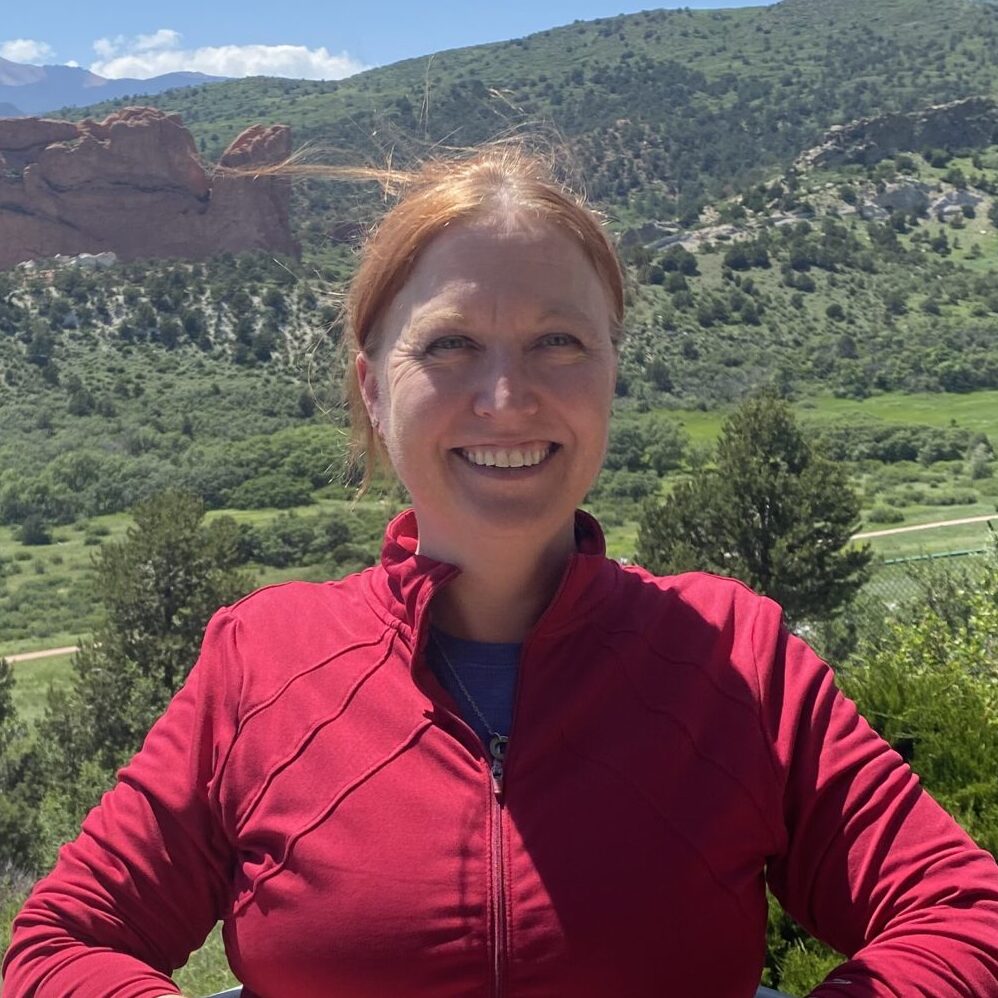
Alison Whiteley has been a special education teacher for over 15 years, spending most of her time working with elementary students and families. After graduating from the University of Colorado with a Bachelor of Arts in Special Education and Psychology, she continued her education with a Masters in Reading from Walden University. In addition, she has achieved endorsements supporting Early Childhood Special Education and Diverse Learners which she uses to help identify needs across all learners.
Ms. Whiteley is trained in Wilson Reading System and Yoshimoto Orton-Gillingham. She believes all students can learn to read and be successful. She has served as a Special Education Coach and Mentor to fellow specialists and teachers, facilitated the creation of her elementary school’s Response to Intervention/Multi-Tiered Systems of Support (RTI/MTSS) process and helped parents through the Special Education process as IEP Coach for parents. In 2013 she completed the National Boards of Professional Teaching in Exceptional Needs with recertification in 2022. Her areas of expertise involve working with students with learning disabilities, supporting stakeholders moving through the special education process, and helping parents and teachers understand what they can do to support struggling learners in the public school settings.
She is a founding member of the Colorado Reading League and a member of the International Dyslexia Association in Colorado. Alison has two greyhounds and two nephews who keep her busy outside of school. She is the CEO of Toad-ally Exceptional Learners at http://www.toad-allyexceptionallearners.com. Alison is a valuable source of information to support teachers and parents, although she is not a lawyer and does not give legal advice. Her services support families through the IEP process and how they can be an equal member of the team through positive interactions. She focuses on collaboration and using tools to take IEPs to the new level of helping students achieve.
 How Our School Nurtures Students’ Positive Behaviors
How Our School Nurtures Students’ Positive Behaviors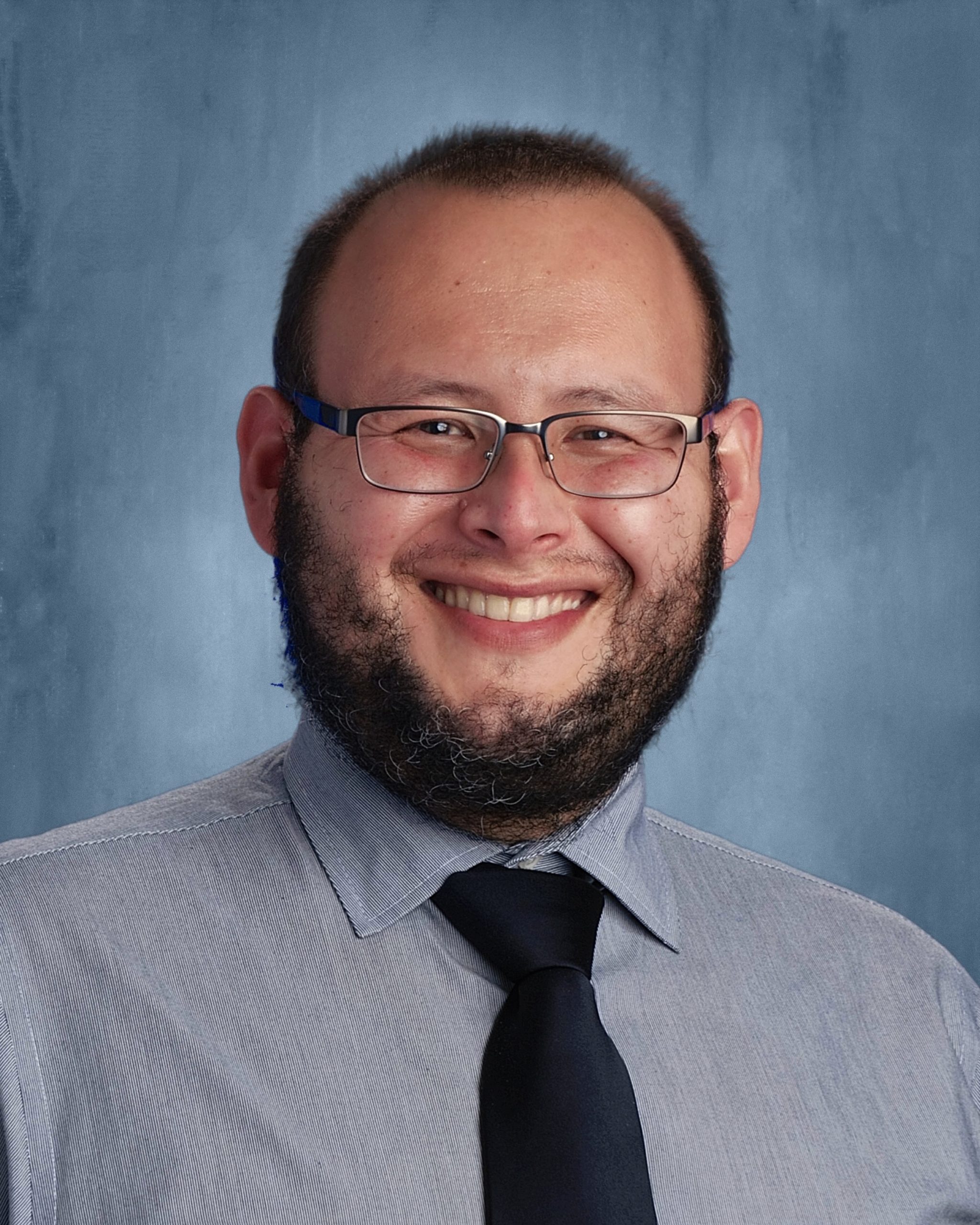
 Ten Strategies to Ensure Student Success
Ten Strategies to Ensure Student Success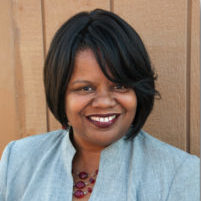
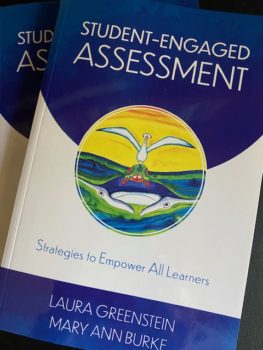 Engagement is at the heart of motivation. This applies to preschoolers playing tee ball as well as to adults in the workplace and teachers in the classroom. When 3rd grader Torrance says he is not interested in playing ball but wants to ride a horse, his father says they can’t afford riding so he has to play ball. As a result, he’s disengaged and wanders around the outfield without purpose.
Engagement is at the heart of motivation. This applies to preschoolers playing tee ball as well as to adults in the workplace and teachers in the classroom. When 3rd grader Torrance says he is not interested in playing ball but wants to ride a horse, his father says they can’t afford riding so he has to play ball. As a result, he’s disengaged and wanders around the outfield without purpose.